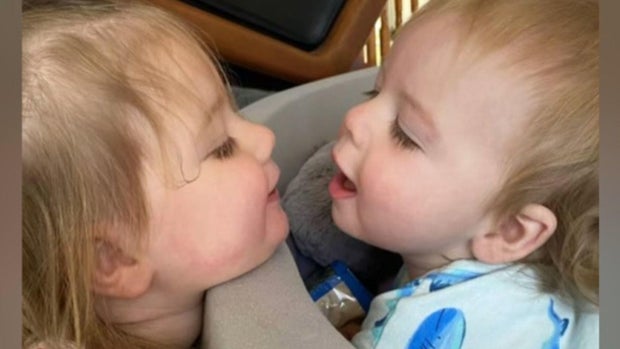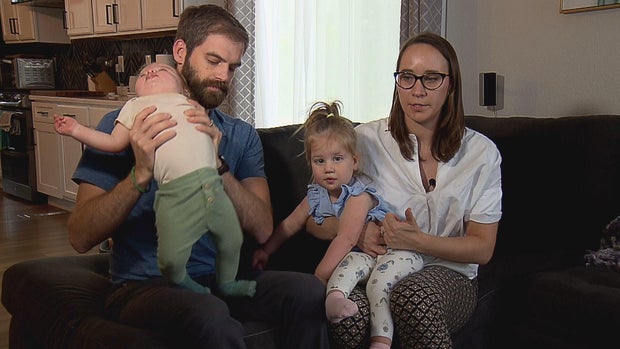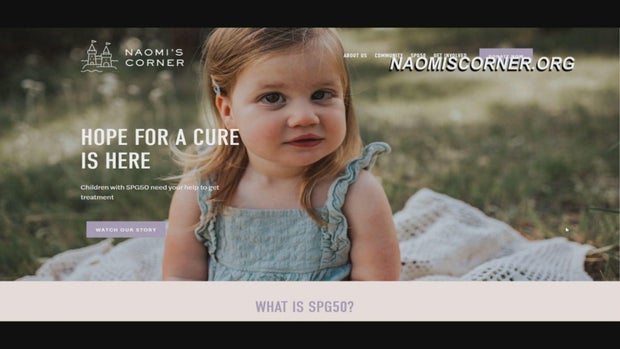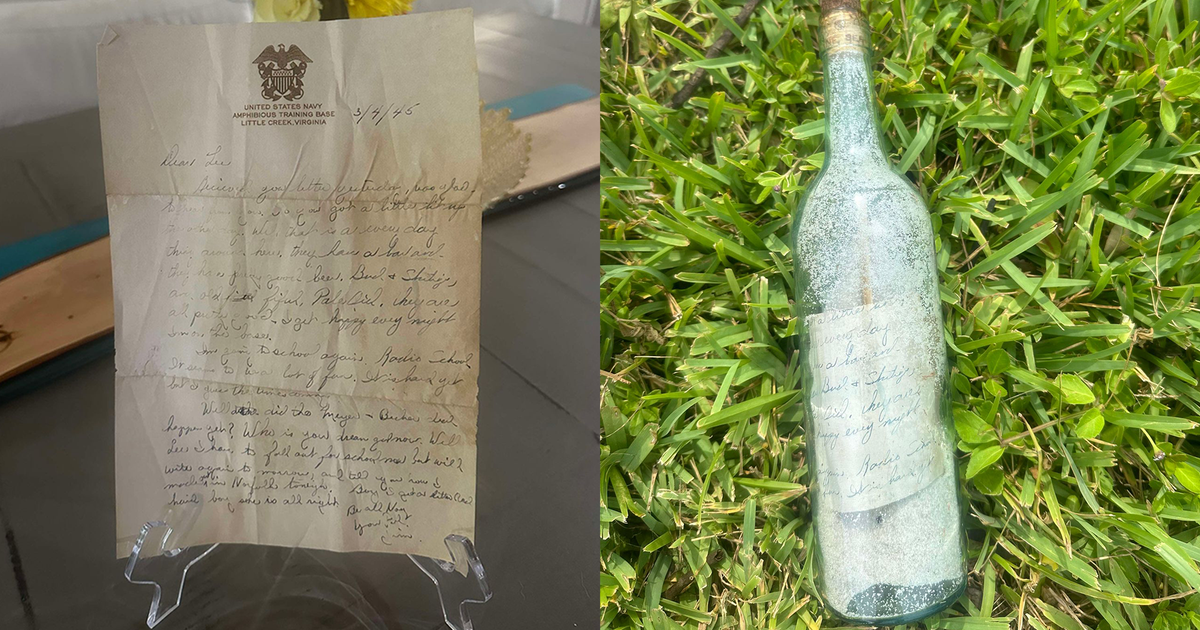Colorado family pushes for more funding, awareness around rare neurological disorder
You wouldn't know just by looking at the smile on her face, but 3-year-old Naomi Lockard's life is nothing like other children's.
"When Naomi was a baby, we had a lot of questions about why she wasn't meeting milestones, why she wasn't crawling on time, why she wasn't talking," said Rebekah Lockard.
Both Naomi and her 1-year-old brother, Jack, were diagnosed with an ultra-rare neurological disorder called Spastic Paraplegia 50, which was passed down through two corrupted copies of the same gene from Rebekah and Evan Lockard.
It is a neurodegenerative condition, which means it becomes harder for kids who get it to reach developmental milestones as they get older. It causes spasticity, starting in a child's legs, and it is capable of taking away their ability to use their hands and feet as well as their mental capacity. In some cases, they could become wheelchair-bound or even die at a young age.
"It's a hard reckoning to think that your child will pass away before you, and it's not fair," said Lockard.
When CBS Colorado first spoke with the Littleton family, they were in Dallas with Jack, who received the opportunity to be part of a clinical trial for a gene therapy treatment for SPG 50, which was conceptualized by another father who also had a child with SPG 50.
"On Dec. 6, he actually received the drug. All they do is they put a copy of the healthy gene into a viral vector and insert that into his cerebral spinal fluid through a lumbar puncture," said Lockard.
The fears of what SPG 50 could do to her son quickly started to numb. Following his treatment, the family saw immediate improvements in his behavior and development.
"We've seen his cognition just flourish and his physical milestone takes off too," she said. "He's still about 3 months behind his peers, but he's tracking. He's not falling further and further behind."
While the Lockards remain confident this therapy treatment will continue to slow down the effects of SPG 50 on Jack, she is now worried her daughter might not get the same opportunity.
"This is a clinical trial, and it needs money to run," said Lockard. "There's not enough money to do the next phase of it [and] to make sure that Naomi and kids like her get treated, too."
While Jack continues to undergo treatment for the next five years, this family still has not given up hope for Naomi's recovery. The couple started Naomi's Corner Foundation this past year, joining other parents across the country in raising roughly $1.5 million to keep this clinical trial going.
"Any parent or anyone who loves a child can understand the drive to make sure that their lives are the best possible," said Lockard. "That they live free of pain, and that they're able to experience the world and have fun."
Lockard says there is no stopping this fight until people like Naomi have access to this treatment, and she hopes that standing up for this rare disease will cast a light on finding solutions to and funding them in all different kinds of cases regarding rare diseases.
"The worst-case scenario is that she is wheelchair bound, that she's not able to ever communicate with us and passes away in the prime of your life," said Lockard.







